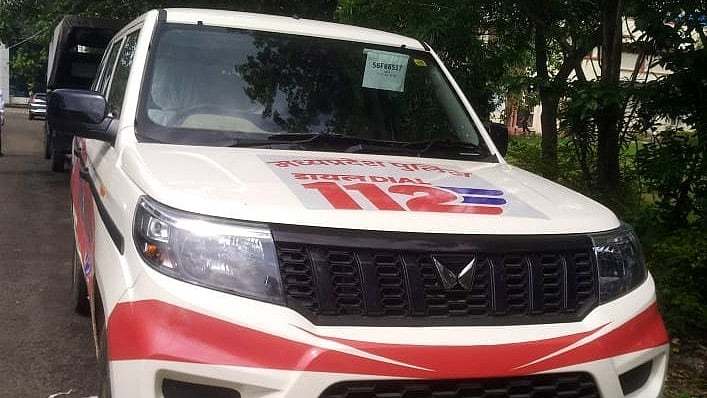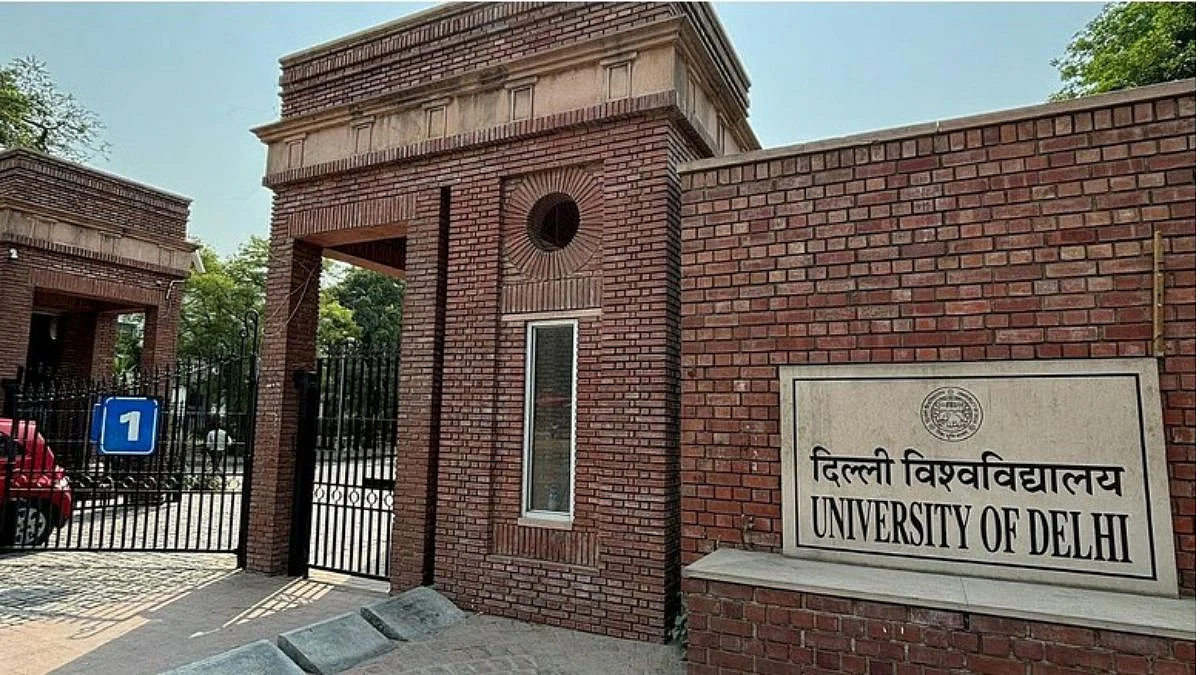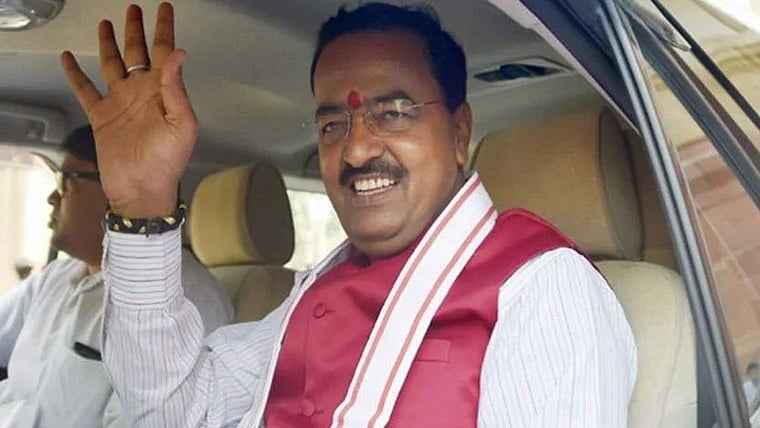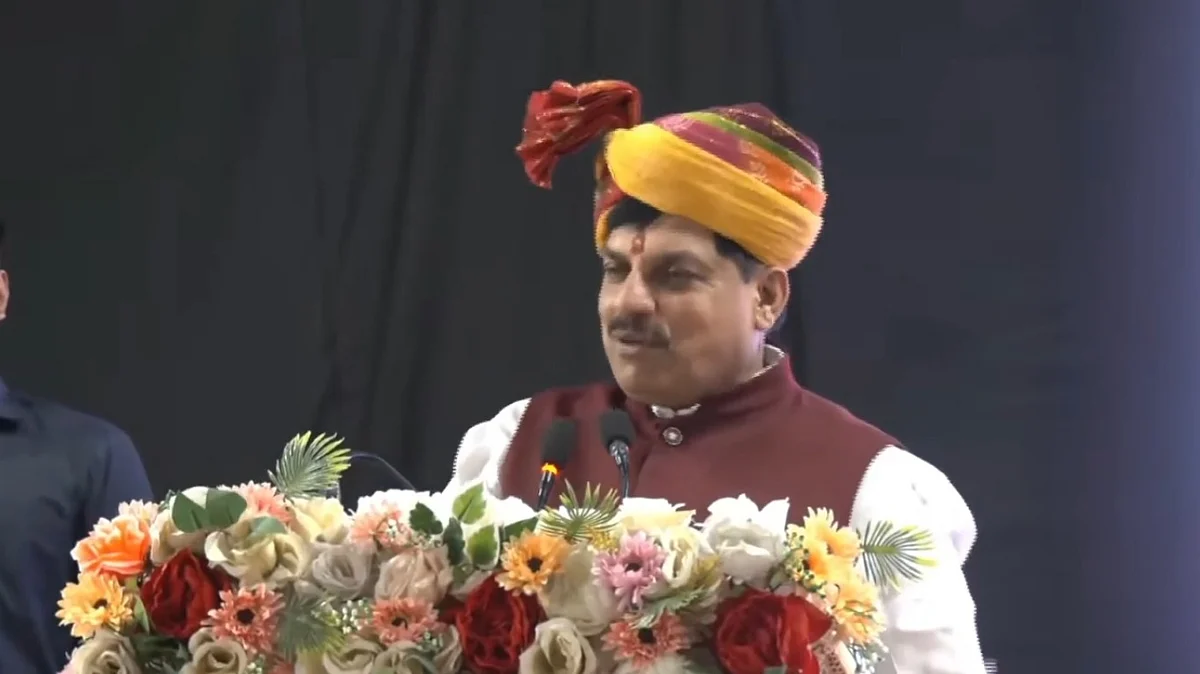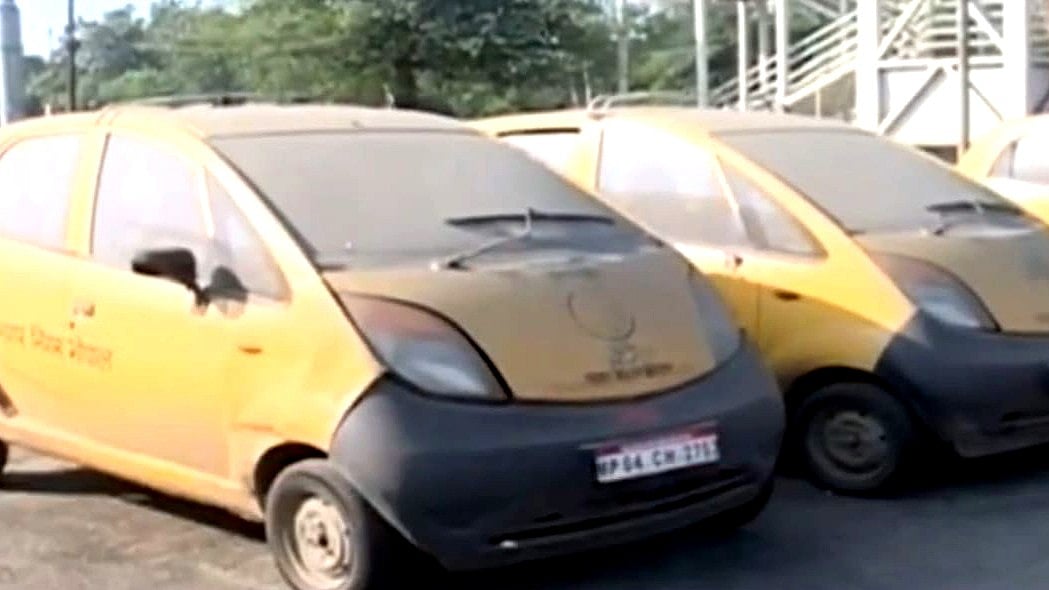Bhopal (Madhya Pradesh): The police headquarters (PHQ) had submitted a proposal to the state government to send 20 police officers to South Korea for training to enhance their technical skills of handling ‘emergency quick response’, said officials here on Thursday.
The proposal has been submitted through the training branch. This training is expected to cost approximately Rs 1.5 crore for 20 officers. After the training, the officers will train others in the communications wing.
Once the proposal is approved, a team of officers will go to South Korea to receive training in emergency quick response, ensuring to provide not only security and medical treatment for residents of the state with a single call, but also immediate apprehension of a suspect upon receiving information.
The date and duration of this training will be decided after receiving government approval.
Top officers who would go to South Korea
According to the proposal, a team of 20 officers will go to South Korea, led by Special Director General of Telecom, Sanjeev Shami, ADG Intelligence A. Sai Manohar, ADG Provision Yogesh Chaudhary and DIG Bhopal Rural, Rajesh Singh Chandel.
Officers of the rank of superintendent of police (SP) to sub-inspector (SI) will be part of this team. Earlier, police teams were sent to European countries for such training, but this is the first time South Korea has been selected.
Why South Korea
South Korea is ranked among the top countries in the world for its quick police response. Police assistance is available online and via phone calls. The Korean National Police Agency (NPA) newly developed a ‘Visual 112’ (112 is the emergency police service number for Korea) from the existing ‘Vocal 112”.
Even when speaking is not an option, the caller’s cellphone dispatches on-site conditions to the emergency control room, allowing more precise reports and faster police dispatch. It is believed the Indian cops may learn most modern techniques during their visit.
ADG Training, Rajababu Singh said, "a proposal for training in South Korea came from the telecom branch. It has been sent to the government for approval."
